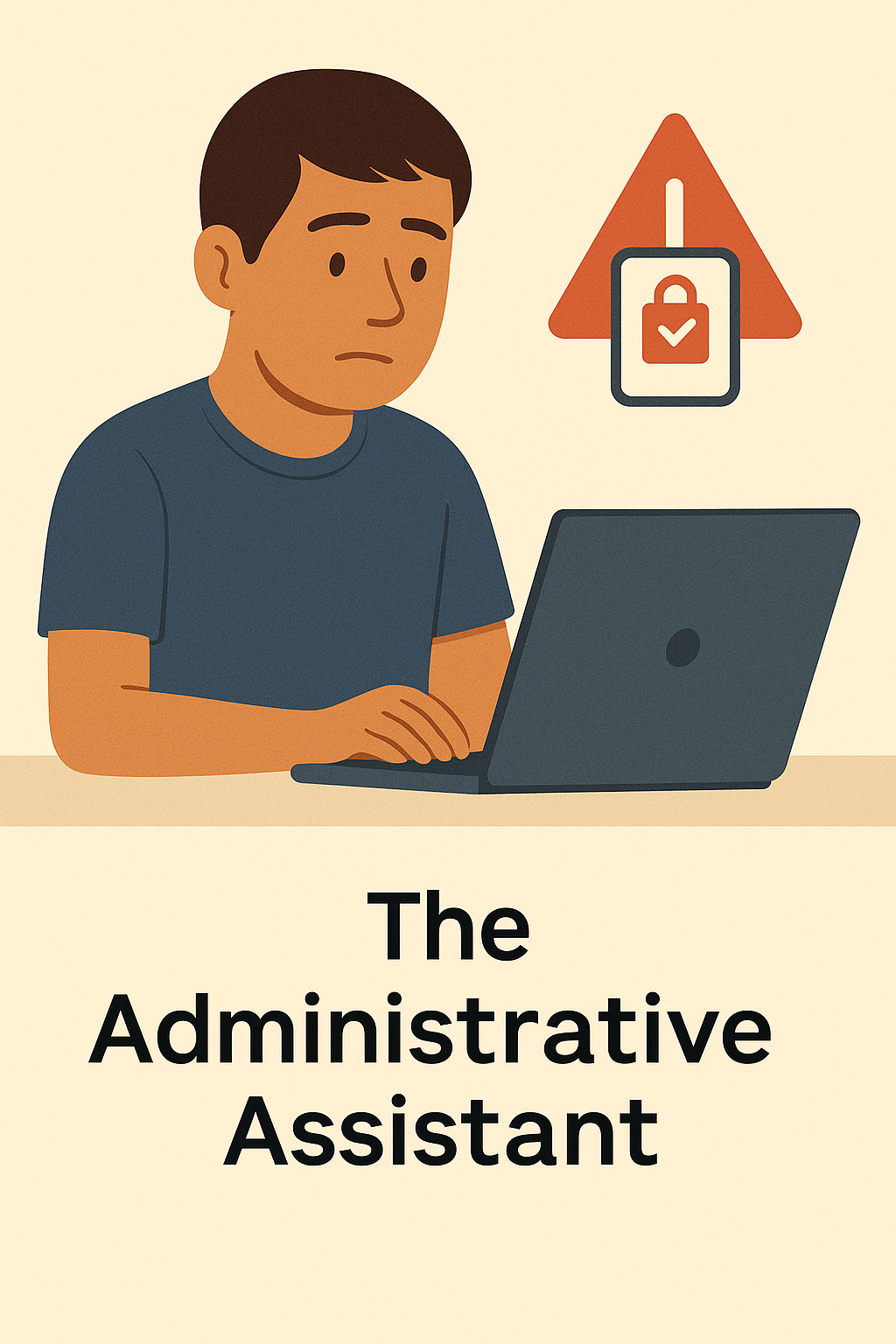
Win $100 Cash!
Thank you for participating in the Information Security Awareness course prize drawing! Winners will be notified soon.
Learn MoreOctober is Cybersecurity Awareness Month!
This October, the University of Colorado proudly joins the global community in celebrating Cybersecurity Awareness Month 2025. With this year’s theme, “Secure Our World,” we’re spotlighting simple yet powerful actions everyone can take to protect personal and university data. From recognizing phishing attempts to strengthening passwords and enabling multi-factor authentication, every step counts.
Be sure to visit your campus IT and information security websites to learn about campus-specific policies, guidelines, and contacts for help. Links are provided below.
Let this month be your opportunity to sharpen your cyber skills and help build a culture of security across CU.
Webinars
The “Citizen” in Digital Citizenship – Your Role in Online Security, Oct. 9, 12:00 - 1:30 PM
Advancements in cybersecurity and technology have created an urgent need for individuals and businesses to quickly adapt in order to protect themselves. The privacy, communication, and money coordinated by ordinary people has never been at greater cyber risk. Everyone needs to understand their role as a Digital Citizen, both for their own personal protection and for those around them. Benjamin Edelen, Chief Information Security Officer from Boulder County, CO will discuss the top cybersecurity risks to our community, and how individuals, families and organizations are affected. Mr. E. will provide tips on how to avoid scams, protect your family, and how to make a world that is safer for everyone. Hosted by UCCS Cybersecurity Programs and open to CU employees and students. Registration is required.
Q&A Roundtable with CU's Information Security Leaders, Oct. 14, 11:00 AM - 12:00 PM
Cybersecurity is essential to protecting personal and professional data. Join us for an engaging webinar where our expert panelists from each campus will share best practices and answer your questions about cybersecurity.
Hosted by CU Anschutz/CU Denver Information Strategy and Services and open to CU employees and students. Registration is required.
Cyber Safe Choices: What Would You Do?
This series of articles looks at four real-life situations you and your CU peers may face, highlighting what occurred, how incidents could have been prevented, and recommended actions should similar situations arise. You’ll see how everyday decisions—good or bad—have a significant impact on our overall security.
They received an urgent email that appeared to come from a student and included a link to review an assignment. In a rush, they clicked and entered their credentials. The page was fake, and their username and password were stolen.
They had MFA enabled. During a hectic day, repeated Duo or Microsoft Authenticator prompts appeared on their phone. Frustrated, they tapped “Approve” without checking. The request wasn’t from them—it came from a criminal who already had their password. That single tap granted access to sensitive systems.
They reused the same password for university email, a shopping site, and a personal streaming account. After the shopping site was breached, criminals tried the exposed password on the CU account. It worked, giving them access to internal email and sensitive files.
They relied heavily on their personal smartphone for everyday life. Over time, they ignored system and app update notifications, assuming they weren’t important. While visiting a familiar website, hidden malicious code exploited the outdated software. A cybercriminal gained access to personal information stored on the device.
Stay Secure, Stay Connected
If you have questions or concerns about cybersecurity, please contact your campus information security team. Our experts are ready to help.
About Information Security on Your Campus
Visit your campus IT and information security websites to learn about campus-specific policies, guidelines, and contacts for help. Each campus also employs an information security officer along with other security staff to safeguard data.
About the Office of Information Security
OIS, part of System Administration, collaborates with campuses to offer services and expertise that ensure the confidentiality, integrity, and availability of data across the university.
Reporting a Security Incident
An information security incident involves unauthorized access, loss, or exposure of sensitive university data. Reporting incidents quickly helps contain risks and protect the university.









